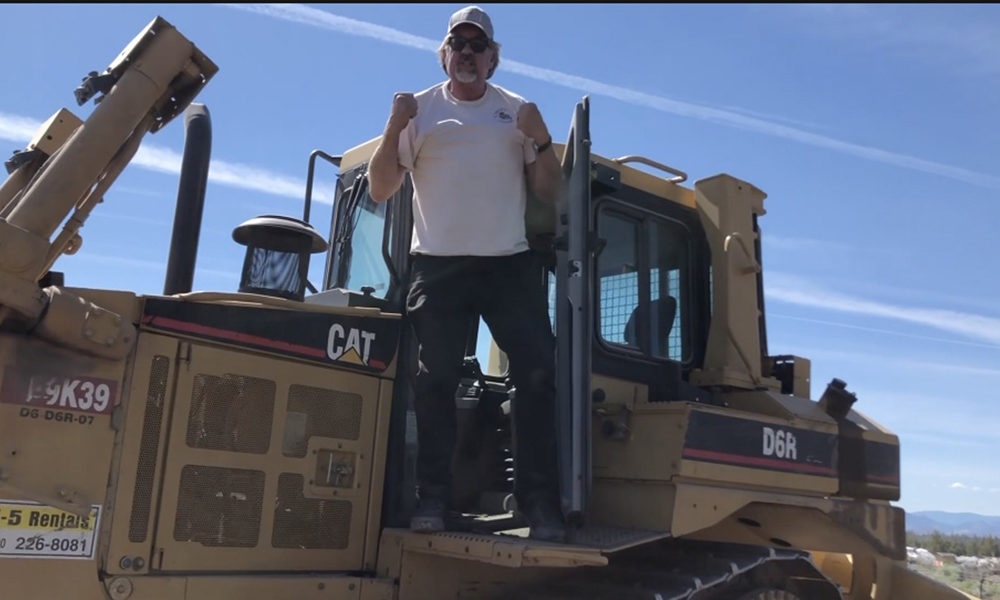This event adds to the escalating tension reported in California’s far-north Siskiyou County, where Hmong immigrants from Laos have been getting in on the cannabis economy.
A highland people of the Southeast Asian nation of Laos, the Hmong famously fought in CIA-aided tribal militias against the communist insurgents in the 1960s.
Over the past generation, many have been making their way from Fresno up to rugged and remote Siskiyou County, abutting the Oregon border.
On July 20, social media users were treated to the bizarre spectacle of a congressman at the controls of a bulldozer, destroying unlicensed cannabis plots in Siskiyou.
The videos surfaced in the immediate wake of the death of Soobleej Kaub Hawj, the 35-year-old Hmong man who was shot dead by police on June 28 during the evacuation of local communities due to the devastating Lava Fire.
In a statement released with the four videos, LaMalfa accused the growers of being organized criminals with dirty practices: “Trash, illegally used pesticides, human waste and fuel cover the ground that has been scraped bare of organic matter with nothing but dust left,” he said.
An attorney for the Hmong growers, J.
On June 20, just a week and a day before the murder of Hawj, Sheriff’s deputies carried out raids in the Mount Shasta Vista area, uncovering and destroying nearly 8,000 plants, along with 52 pounds of processed marijuana.
The Sheriff’s Office has also been aggressively enforcing a new county ordinance that prohibits water trucks from delivering to suspected grow sites.
Demonstrators held signs reading “We need water,” “Stop discriminatory harassment,” and “Asian American lives matter.” Activists said the ordinance specifically targeted Hmong properties — and that it was passed by the Board of Supervisors with racist intent.
Hawj was originally from Kansas City and had moved to Siskiyou recently to help his family.
Siskiyou’s usually sleepy county seat of Yreka saw a rare protest demonstration, as hundreds of Hmong and their supporters gathered in the streets July 17 to demand justice for Hawj.
“We are right now facing racism against our community; myself, I am Hmong, all our people here are Hmong people,” activist Paula Yang told local KOBI-TV.
“Typically, in my culture, we have to bring our deceased home so we can do a proper burial.” Another Hmong community activist, Zurg Xiong, launched a public hunger strike on the steps of the Yreka courthouse.
